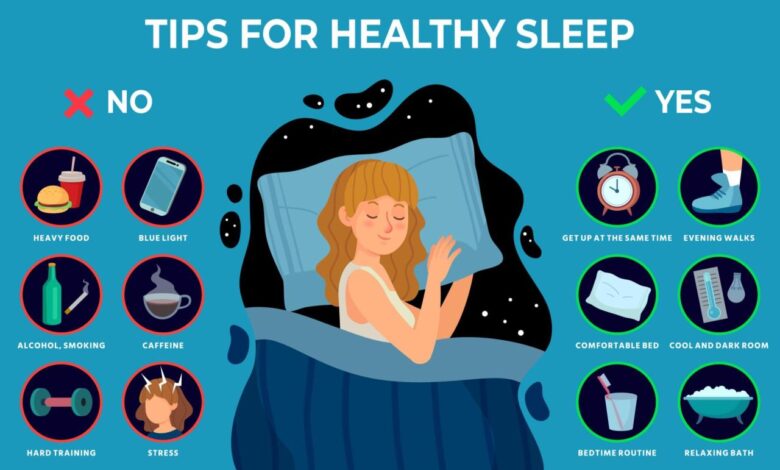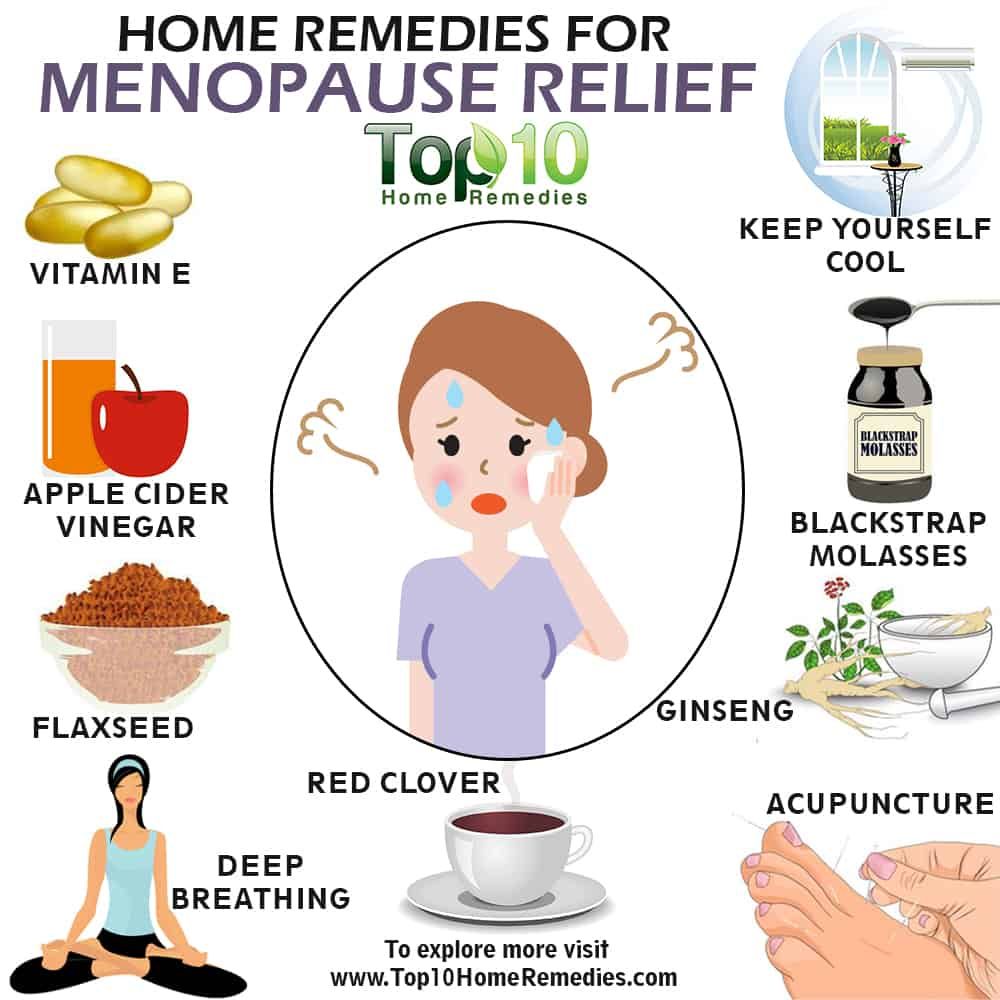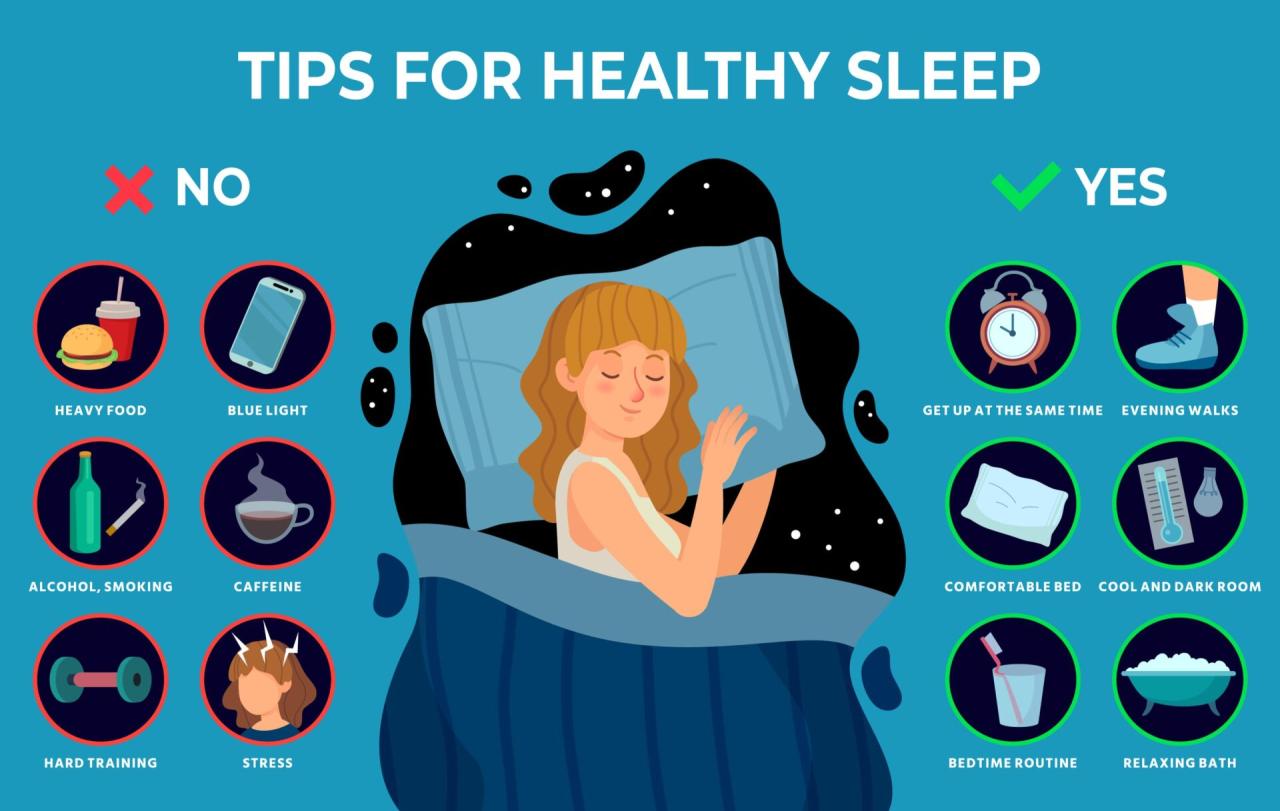
Will These 5 Folk Remedies Really Help You Sleep?
Will these 5 folk remedies really help you sleep? We’ve all heard the old wives’ tales about chamomile tea, warm milk, and lavender oil, but do these traditional remedies actually have any scientific backing? In a world obsessed with sleep hacks and quick fixes, it’s tempting to turn to these seemingly harmless solutions.
But before you ditch your melatonin for a cup of herbal tea, let’s dive into the evidence and see if these folk remedies can truly deliver on their promises.
We’ll explore five popular folk remedies, examining their history, methods of use, anecdotal evidence, potential benefits and risks, and, most importantly, the scientific research that supports or refutes their effectiveness for sleep.
Sleep and Folk Remedies

Sleep is a fundamental human need, essential for physical and mental well-being. During sleep, our bodies repair and rejuvenate, and our minds process information and consolidate memories. However, many people struggle with sleep problems, such as insomnia or difficulty falling asleep.
While conventional sleep aids can be helpful, some individuals seek alternative solutions, often turning to folk remedies passed down through generations.This article will explore the effectiveness of five popular folk remedies for sleep, examining the scientific evidence and potential benefits.
Warm Milk
Warm milk has long been a popular bedtime beverage, believed to promote sleep. The reasoning behind this belief is that milk contains tryptophan, an amino acid that the body converts into serotonin and melatonin, neurotransmitters that regulate sleep. While tryptophan does play a role in sleep regulation, the amount found in a glass of milk is likely insufficient to have a significant impact.
Additionally, the warmth of the milk may have a calming effect, contributing to a sense of relaxation.
“While warm milk may not induce sleep directly, its calming effect and the presence of tryptophan could contribute to a more relaxed state, potentially making it easier to fall asleep.”
Chamomile Tea
Chamomile tea is another popular folk remedy for sleep. It contains an antioxidant called apigenin, which has been shown to have sedative effects in animal studies. Apigenin may bind to specific receptors in the brain, promoting relaxation and reducing anxiety.
While more research is needed to confirm its effectiveness in humans, chamomile tea is generally safe and may be a helpful option for individuals seeking a natural sleep aid.
“Chamomile tea may promote sleep by reducing anxiety and promoting relaxation, potentially through the action of apigenin, an antioxidant with sedative properties.”
Warm Milk
Warm milk is a classic folk remedy for sleep that has been used for centuries. It is believed to promote relaxation and sleep due to its calming effects and the presence of tryptophan, an amino acid that the body converts into serotonin and melatonin, both of which play a role in sleep regulation.
History and Origin
The practice of consuming warm milk before bed dates back to ancient times. In many cultures, milk was considered a nourishing and comforting beverage, and its soothing properties were often associated with sleep. The ancient Greeks believed that milk had calming effects and used it as a sleep aid.
The Romans also consumed warm milk as a bedtime drink, and the practice continued throughout the Middle Ages and into modern times.
Method of Use
The most common method of using warm milk for sleep is to simply heat a glass of milk until it is warm but not scalding. It can be consumed plain or with the addition of honey or other natural sweeteners.
Some people also add spices like cinnamon or nutmeg, which are believed to have relaxing properties.
Anecdotal Evidence, Will these 5 folk remedies really help you sleep
Many people swear by the effectiveness of warm milk for sleep. They report that it helps them relax, feel drowsy, and fall asleep more easily. Some individuals claim that warm milk is particularly effective for helping them fall asleep after a stressful day or when they are feeling anxious.
Potential Benefits and Risks
Warm milk may offer some benefits for sleep. Tryptophan, an amino acid found in milk, is a precursor to serotonin and melatonin, which play a role in sleep regulation. Additionally, the warmth of the milk may have a relaxing effect on the body.
However, warm milk is not a miracle cure for insomnia. It may not be effective for everyone, and there is limited scientific evidence to support its effectiveness. Some individuals may experience digestive discomfort after consuming milk, especially if they are lactose intolerant.
Additionally, warm milk may contain calories, which could be a concern for people who are trying to manage their weight.
Scientific Evidence
While anecdotal evidence suggests that warm milk can improve sleep, scientific research on this topic is limited. Some studies have shown that tryptophan supplementation can improve sleep quality, but it is unclear whether the amount of tryptophan in a glass of milk is sufficient to have a significant effect.
More research is needed to determine the effectiveness of warm milk for sleep.
Lavender: Will These 5 Folk Remedies Really Help You Sleep
Lavender is a fragrant herb that has been used for its calming and relaxing properties for centuries. Its soothing aroma is believed to promote relaxation and sleep.
History and Origin
Lavender’s use as a sleep aid dates back to ancient times. The Romans used lavender in baths and perfumes, and it was also used in traditional medicine for its calming and antiseptic properties. In the Middle Ages, lavender was used to treat insomnia and anxiety.
Method of Use
Lavender can be used in various ways to promote sleep:* Aromatherapy:Lavender essential oil can be diffused in the bedroom or added to a warm bath.
Tea Lavender tea is a popular bedtime beverage.
So you’re trying out those 5 folk remedies for sleep, hoping for a blissful night’s rest. While they might help, it’s also crucial to focus on your overall health. A balanced diet rich in vegetables can do wonders for your sleep quality, and I’ve got some great tips on 5 ways to up your vegetable game.
After all, a healthy body leads to a healthy mind, and that includes a good night’s sleep. So, maybe those folk remedies will work, but adding in some extra veggies can’t hurt!
Pillow spray
So you’re wondering if those old wives’ tales about warm milk or lavender really work for sleep? While I can’t speak to the effectiveness of those remedies, I can tell you about something that might help you sleep better: a satisfying, healthy meal.
If you’re craving pizza, check out this list of 11 healthy pizzas under 400 calories. A balanced meal might just be the key to a good night’s sleep, even if it doesn’t involve lavender or a warm glass of milk.
Dried lavender A small sachet of dried lavender can be placed under the pillow.
Anecdotal Evidence, Will these 5 folk remedies really help you sleep
Many people report that lavender helps them relax and fall asleep more easily. Some individuals find that the scent of lavender is calming and helps them to unwind before bed. Others find that lavender tea is a soothing and comforting beverage that helps them to relax and drift off to sleep.
Potential Benefits and Risks
Potential Benefits
- Promotes relaxation and sleep: Lavender has a calming effect on the nervous system and may help to reduce anxiety and stress, promoting relaxation and sleep.
- Reduces anxiety and stress: Lavender is known for its calming and relaxing properties, which may help to reduce anxiety and stress levels.
- Improves sleep quality: Some studies suggest that lavender may improve sleep quality by increasing sleep duration and reducing the time it takes to fall asleep.
Potential Risks
- Allergic reactions: Some people may experience allergic reactions to lavender, such as skin rashes or breathing difficulties.
- Drug interactions: Lavender may interact with certain medications, such as sedatives and antidepressants. It’s important to consult with a healthcare professional before using lavender if you are taking any medications.
- Pregnancy and breastfeeding: The safety of lavender during pregnancy and breastfeeding is not fully established. It’s best to avoid using lavender during these times unless advised by a healthcare professional.
Scientific Evidence
Several studies have investigated the effects of lavender on sleep. Some studies have found that lavender aromatherapy may improve sleep quality and reduce anxiety. However, more research is needed to confirm these findings.
Chamomile Tea
Chamomile tea, a soothing beverage with a history spanning centuries, is often touted as a natural remedy for sleep troubles. This herbal tea, derived from the chamomile flower, is believed to possess calming properties that can promote relaxation and induce sleep.
The History and Origin of Chamomile Tea
Chamomile, a member of the daisy family, has been used for medicinal purposes for thousands of years. Ancient Egyptians, Greeks, and Romans valued chamomile for its therapeutic properties, including its ability to calm the nerves and aid in sleep. The name “chamomile” is derived from the Greek words “chamai” (meaning “on the ground”) and “melon” (meaning “apple”), referencing the plant’s low-growing habit and apple-like scent.
Methods of Using Chamomile Tea for Sleep
Chamomile tea is typically prepared by steeping dried chamomile flowers in hot water for several minutes. The resulting infusion can be enjoyed warm or chilled, and some individuals prefer adding a touch of honey or lemon for added flavor. For sleep purposes, it’s often recommended to drink a cup of chamomile tea about 30-60 minutes before bedtime.
Anecdotal Evidence and Personal Accounts
Many individuals report experiencing improved sleep after consuming chamomile tea. Some attribute its effectiveness to its calming aroma, while others find that it helps to ease anxiety and promote relaxation, leading to a more restful night’s sleep. Anecdotal evidence suggests that chamomile tea may be particularly beneficial for individuals with mild anxiety or insomnia.
Potential Benefits and Risks of Chamomile Tea
Chamomile tea is generally considered safe for most adults when consumed in moderate amounts. It is known for its potential to:
- Promote relaxation and reduce anxiety
- Improve sleep quality
- Ease digestive discomfort
- Reduce inflammation
However, some potential risks associated with chamomile tea include:
- Allergic reactions: Some individuals may be allergic to chamomile, experiencing symptoms like skin rash, itching, or difficulty breathing.
- Drug interactions: Chamomile may interact with certain medications, such as blood thinners and sedatives. It’s essential to consult with a healthcare professional before consuming chamomile tea if you are taking any medications.
- Pregnancy and breastfeeding: While chamomile is generally considered safe during pregnancy and breastfeeding, it’s best to err on the side of caution and consult with a healthcare professional before consuming it.
Scientific Evidence Supporting or Refuting Chamomile Tea’s Effectiveness for Sleep
Scientific research on chamomile tea’s effects on sleep is limited, but some studies suggest that it may have a mild sedative effect. A 2011 study published in the Journal of Alternative and Complementary Medicine found that chamomile tea significantly improved sleep quality in individuals with mild insomnia.
However, more research is needed to confirm these findings and determine the optimal dosage and duration of use for sleep improvement.
Honey
Honey has been used as a natural remedy for centuries, with its origins tracing back to ancient civilizations. Its use in sleep remedies likely stems from its calming and soothing properties, which were recognized and utilized in traditional medicine practices across various cultures.Honey is believed to promote sleep by influencing the production of melatonin, a hormone that regulates sleep-wake cycles.
This theory is supported by the fact that honey contains natural sugars, such as fructose and glucose, which are thought to stimulate the release of melatonin.
Anecdotal Evidence and Personal Accounts
Many people swear by honey’s ability to induce sleep. They often report feeling more relaxed and falling asleep more easily after consuming a spoonful of honey before bed. Some individuals even claim that honey helps them sleep through the night, reducing the frequency of waking up during the night.
Potential Benefits and Risks
Honey is generally considered safe for consumption, but there are some potential risks to consider. Individuals with diabetes should be cautious as honey contains sugar. Additionally, honey can cause allergic reactions in some people, so it’s important to start with a small amount and monitor for any adverse effects.
Scientific Evidence
While anecdotal evidence suggests honey may improve sleep, scientific evidence is limited. Some studies have shown that honey may increase melatonin levels, but more research is needed to confirm its effectiveness as a sleep aid. Furthermore, the quality of honey can vary depending on the source and processing methods, which may influence its impact on sleep.
Valerian Root
Valerian root is a popular herbal remedy that has been used for centuries to promote relaxation and sleep. Native to Europe and Asia, it is a perennial flowering plant with a distinctive, pungent odor.
History and Origin
Valerian root has a long history of use in traditional medicine. It was used by ancient Greeks and Romans to treat anxiety, insomnia, and other ailments. The plant’s name, Valeriana, comes from the Roman emperor Valerius, who is said to have used it to treat his headaches.
The use of valerian root for sleep has been documented in herbal medicine texts for centuries.
Method of Use
Valerian root is available in various forms, including capsules, tablets, teas, and extracts. The most common method of use is to take valerian root capsules or tablets before bedtime. The recommended dosage varies depending on the product and individual needs.
It is important to follow the instructions on the product label.
We all crave a good night’s sleep, and while those 5 folk remedies might sound promising, remember that consistent healthy habits are key. A balanced diet and regular exercise are crucial for overall well-being, including sleep. If you’re looking for some practical tips to improve your health, check out this article on 10 Simple Changes That Lead to Weight Loss , which can also indirectly impact your sleep quality.
Ultimately, finding what works best for you, whether it’s a calming bedtime routine or a healthy lifestyle change, is the best path to restful nights.
Anecdotal Evidence, Will these 5 folk remedies really help you sleep
Many people report that valerian root helps them sleep better. Some people find that it helps them fall asleep more quickly, while others find that it helps them stay asleep for longer. However, it’s important to note that anecdotal evidence is not always reliable, and personal experiences can vary widely.
Potential Benefits and Risks
Valerian root is generally considered safe for short-term use. However, some potential side effects may include headaches, dizziness, and stomach upset. Valerian root may interact with certain medications, including benzodiazepines and other sedatives. It is essential to talk to a doctor before taking valerian root, especially if you are pregnant, breastfeeding, or have any underlying medical conditions.
Scientific Evidence
Scientific research on the effectiveness of valerian root for sleep is mixed. Some studies have shown that valerian root can improve sleep quality, while others have found no significant effects. A 2010 review of 18 studies concluded that valerian root may be modestly effective for improving sleep quality, but more research is needed.
Considerations and Recommendations
While folk remedies offer a natural approach to sleep challenges, it’s crucial to remember that they might not be suitable for everyone. It’s essential to approach these remedies with caution and prioritize your safety.
Consulting a Healthcare Professional
Before trying any new remedy, it’s essential to consult a healthcare professional, especially if you have underlying health conditions or are taking medications. Your doctor can help determine if a particular remedy is safe and appropriate for you, considering your individual health history and any potential interactions with existing medications.
Potential Interactions with Medications
Folk remedies, even natural ones, can interact with medications you are currently taking. Certain herbs, like valerian root, can have sedative effects and might enhance the effects of medications that already cause drowsiness. It’s vital to inform your doctor about any supplements or remedies you are using to avoid potential adverse effects.
Safe and Effective Sleep Practices
Beyond folk remedies, there are several safe and effective practices that can promote better sleep hygiene. These include:
- Establishing a Regular Sleep Schedule:Go to bed and wake up around the same time each day, even on weekends, to regulate your body’s natural sleep-wake cycle.
- Creating a Relaxing Bedtime Routine:Engage in calming activities like taking a warm bath, reading a book, or listening to soothing music to signal your body that it’s time to wind down.
- Optimizing Your Sleep Environment:Ensure your bedroom is dark, quiet, and cool. Use blackout curtains, earplugs, or a white noise machine to minimize distractions.
- Avoiding Caffeine and Alcohol Before Bed:Caffeine and alcohol can interfere with sleep quality. Avoid consuming them several hours before bedtime.
- Getting Regular Exercise:Physical activity can improve sleep quality, but avoid exercising too close to bedtime.
- Exposure to Daylight:Spending time outdoors during the day can help regulate your circadian rhythm and improve sleep.
Overall Findings
While some folk remedies, like warm milk and chamomile tea, may have mild soothing effects, scientific evidence supporting their effectiveness in improving sleep is limited. It’s important to approach these remedies with caution and prioritize consulting a healthcare professional for personalized advice and to ensure safety.
Conclusion
This exploration of five folk remedies for sleep has highlighted the intriguing intersection of tradition and modern science. While these remedies have been used for centuries, their effectiveness is often based on anecdotal evidence rather than robust scientific research. It’s crucial to approach folk remedies with a balanced perspective, recognizing their potential benefits alongside their limitations.
Understanding the Importance of Evidence-Based Sleep Solutions
It’s important to remember that not all folk remedies are created equal. While some may offer mild benefits for some individuals, others may be ineffective or even harmful.
Always consult with a healthcare professional before incorporating any new remedy into your sleep routine, especially if you have underlying health conditions.
A holistic approach to sleep improvement often involves addressing factors such as stress, diet, exercise, and sleep hygiene.
Ultimate Conclusion

While some folk remedies may offer a sense of comfort or ritual, it’s crucial to approach them with a healthy dose of skepticism. Remember, sleep is a complex process influenced by a multitude of factors. While these remedies might provide temporary relief or a placebo effect, they are not a substitute for addressing underlying sleep issues.
If you’re struggling with chronic sleep problems, it’s essential to consult a healthcare professional for a proper diagnosis and personalized treatment plan.


